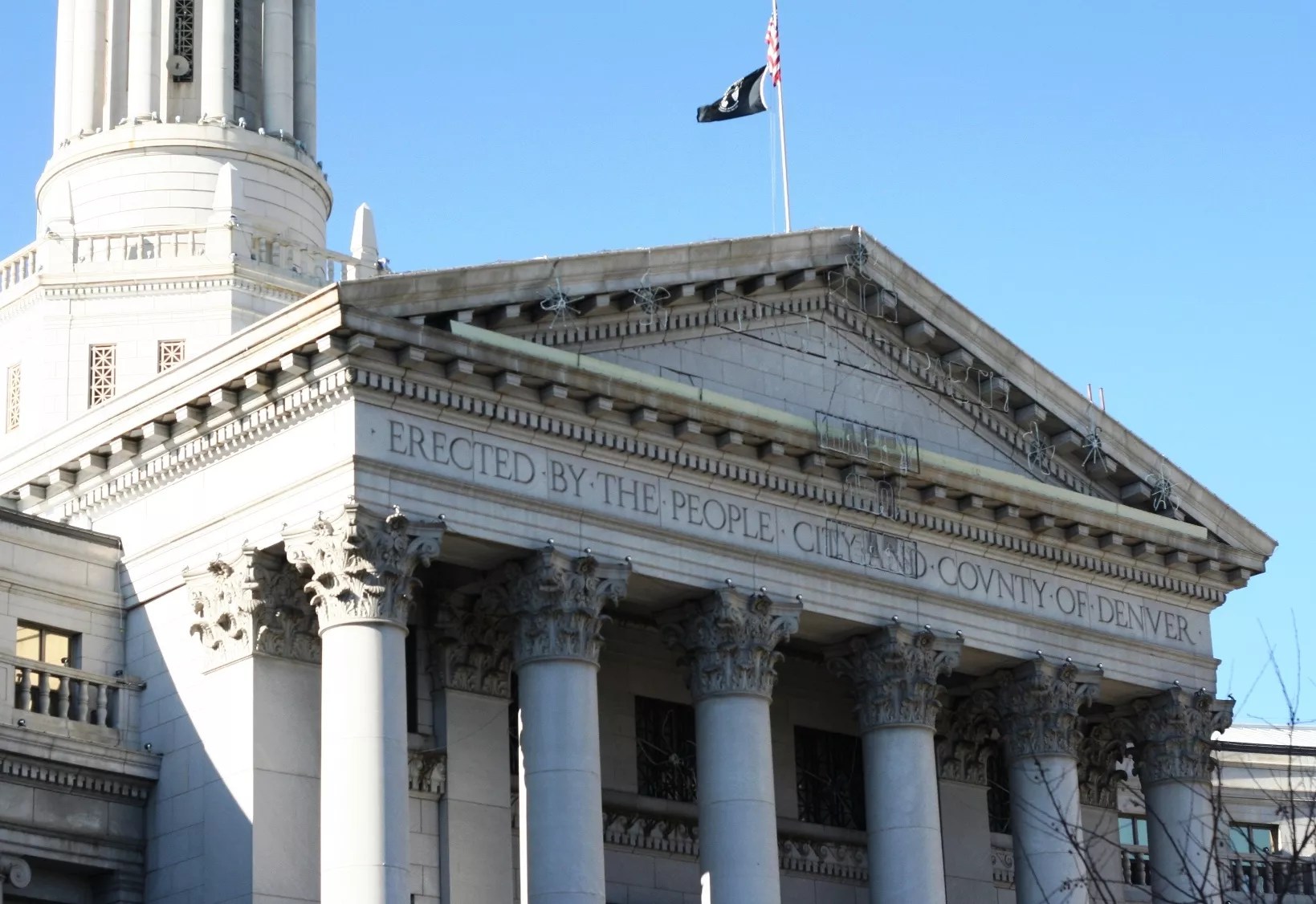
Flickr/OZinOH

Audio By Carbonatix
There will be a public hearing on changing city official elections to ranked choice voting at the August 11 Denver City Council meeting. Councilmember Kevin Flynn opposes the proposal; we shared his memo on the flaws of RCV on August 10. This is a rebuttal.
Opponents of ranked choice voting (RCV) often claim it’s a “step backward” for democracy, warning of “ballot exhaustion,” lower turnout and candidates winning without majority support. But these criticisms are based on a misunderstanding of how RCV works, why it’s used successfully in cities and states across the country, and what “majority” really means in modern elections.
Denver’s current two-round runoff system can indeed produce majority winners – but at a steep cost in taxpayer dollars and voter fatigue. In many local races, turnout actually drops sharply between the first round and the runoff. That means the so-called “majority” is often a smaller and less representative group of voters than the broader electorate that turned out in the first election. RCV solves that problem by letting voters rank their choices all at once, eliminating the need for a costly, low-turnout second election.
The claim that RCV “throws out” ballots is misleading. What critics call “exhausted ballots” are simply ballots where voters chose not to rank either of the final two candidates. This is no different from voters in a traditional runoff deciding not to return for the second round – except under RCV, their other rankings already helped shape the race earlier. Far from disenfranchising people, RCV gives more voters a say in the outcome by allowing them to express backup preferences in case their favorite doesn’t make it to the final round.
As for diversity, Denver should be proud of its diverse city council, but that’s no reason to reject improvements to the voting process. Other cities using RCV – such as Oakland, Minneapolis and New York City – have also elected groundbreaking, diverse leadership. RCV tends to reduce vote-splitting within communities of color and can help ensure that those communities don’t have their influence diluted in crowded races. It also encourages candidates to reach out beyond their core base, building coalitions that reflect the city as a whole.
The facts were presented to Denver City Council in 2021, yet opponents never let the facts get in the way of a good story. The charter committee, which employed a political scientist to sort fact from nonsense, determined that RCV is a “reasonable replacement for top-two runoffs.”
In the end, RCV is not a “step backward” – it’s a proven tool for modernizing elections, saving money, and ensuring more voices are heard. It preserves voter choice, eliminates spoiler dynamics, and encourages positive campaigning. Denver has an opportunity to lead the way in election reform, building on our tradition of civic engagement and innovation. Let’s not cling to outdated systems out of fear – let’s choose a better way to vote.
Linda Templin is the executive director of Ranked Choice Voting for Colorado.
Westword.com publishes commentaries on matters of interest to the Denver community; the opinions are those of the authors, not Westword. Have a piece you’d like to share? Email editorial@westword.com, where you can also comment on this essay.